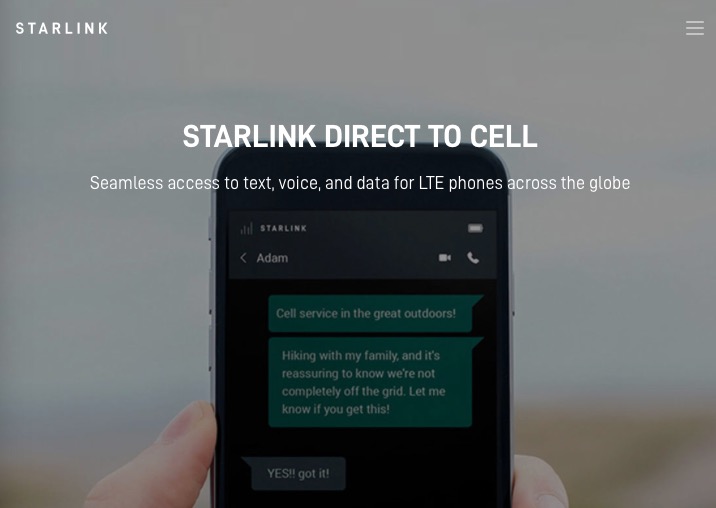
AT&T, Verizon to FCC: Reject SpaceX’s Starlink Direct to Cell
A proposal from SpaceX to enhance its cellular Starlink system is facing opposition from AT&T and Verizon, who argue the plan could interfere with their networks (via PCMag).
AT&T’s technical analysis claims that SpaceX’s proposal could reduce network downlink throughput by an average of 18%.
This week, both AT&T and Verizon submitted letters to the Federal Communications Commission (FCC) urging the agency to reject SpaceX’s request for a waiver to operate its cellular Starlink satellites beyond normal radio frequency limits, known as “aggregate out-of-band emissions power flux-density limits.”
SpaceX seeks the waiver to improve its technology, which aims to beam internet data to phones via satellite, called Direct to Cell. T-Mobile is the US partner for this new service set to launch this year.
The increase in radio emissions will not cause interference with other networks and argues that the waiver would prevent limitations on satellite use, benefiting more end users, says SpaceX. Despite SpaceX’s assurances, AT&T and Verizon maintain that the interference risk is significant.
Verizon added that SpaceX’s proposal undermines the FCC’s goal of protecting incumbent terrestrial licensee operations from satellite interference.
AT&T and Verizon’s opposition comes as they prepare to launch their own cellular satellite systems with AST SpaceMobile, while SpaceX plans to roll out its service with T-Mobile later this year, pending FCC approval.
Other companies, including Dish Network and Omnispace, have also raised concerns with the FCC. SpaceX has dismissed these objections as attempts to hinder its progress, calling them “last-minute attempts to block a more advanced supplemental coverage partnership.”



Dear FCC: We don't think you should allow Starlink to reach customers we can't reach because it isn't fair competition. They can do it, we can't, and that's just not fair. Please step in and deny all those users access that we can't provide because it would cost us too much money to do it. Thank you.
PS Not looking out for our interests will ultimately lead to our bankruptcies. Do you want that on your consciences?